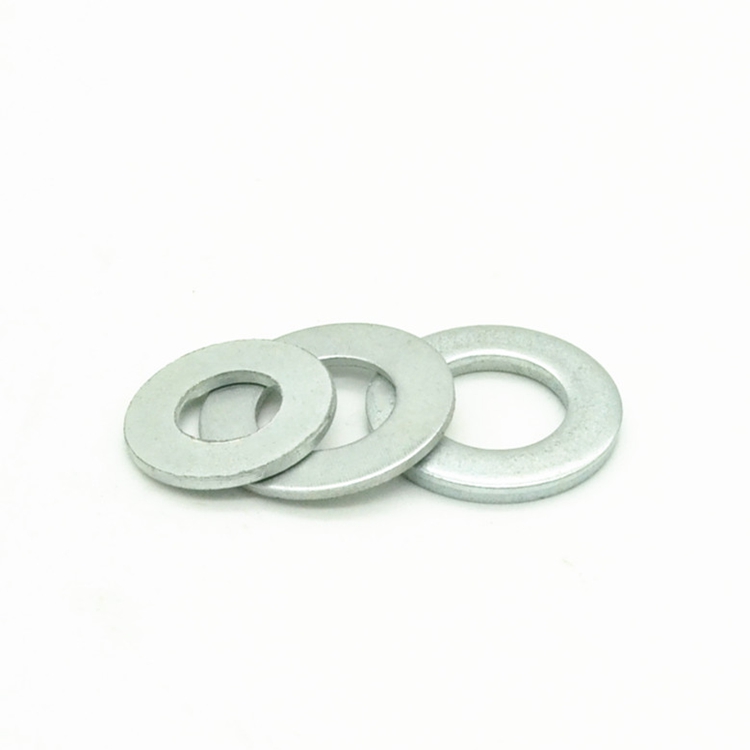Essential Guide to Selecting the Right Bolts for Automotive Applications
Oct . 14, 2024 05:39 Back to list
Essential Guide to Selecting the Right Bolts for Automotive Applications
The Importance of Automotive Bolts in Modern Vehicle Manufacturing
Automotive bolts may appear to be small components in the grand scheme of vehicle construction, but they play an essential role in ensuring the safety, performance, and longevity of automobiles. These humble fasteners are among the unsung heroes of the automotive industry, facilitating the assembly of complex systems that power our daily commutes. This article explores the significance of automotive bolts, the types commonly used, their material characteristics, and the impact of advancements in bolt technology on vehicle manufacturing.
The Role of Automotive Bolts
In automotive engineering, bolts serve primarily to connect various parts of a vehicle. They are critical in securing components such as engines, transmissions, suspension systems, and even interior fittings. Ensuring that these parts are firmly held together is paramount, not only for the performance of the vehicle but also for the safety of its occupants. A loose or failing bolt can lead to catastrophic failures, making the quality and reliability of automotive bolts an industry priority.
Types of Automotive Bolts
Automotive bolts come in various types, including hex bolts, carriage bolts, and lag bolts, each designed for specific applications. Hex bolts, characterized by their hexagonal heads, are commonly used in engine assembly and chassis construction due to their strong grip and ease of installation. Carriage bolts, which feature a rounded head and a square neck, are often used in applications where a smooth surface is essential, such as securing body panels. Lag bolts are heavy-duty fasteners that provide exceptional strength and resistance to shear forces, making them ideal for structural applications.
Material Characteristics
automotive bolts

The materials selected for automotive bolts are critical to their performance. Most bolts are made from carbon steel, alloy steel, or stainless steel, which provide varying degrees of strength, ductility, and corrosion resistance. For high-stress applications like engine mounts, bolts made from high-strength alloy steel are favored due to their ability to withstand extreme loads and temperatures. Meanwhile, stainless steel bolts are preferred in areas exposed to moisture and corrosion, such as exhaust systems and undercarriages.
In addition, many manufacturers employ specialized coatings and treatments to enhance the properties of automotive bolts. For instance, zinc plating improves corrosion resistance, while heat treatment can increase the strength and durability of the bolts. These advancements help to ensure that automotive bolts meet the rigorous demands of modern vehicle designs.
The Impact of Advancements in Bolt Technology
As automotive technology evolves, so too does the design and manufacturing of bolts. The rise of lightweight materials such as aluminum and composites in automotive manufacturing has prompted the development of corresponding bolting solutions that maintain strength while reducing weight. Innovations such as self-locking bolts and multi-piece assemblies provide enhanced reliability by minimizing the risk of loosening over time.
Furthermore, the advent of advanced manufacturing techniques such as 3D printing is beginning to influence bolt design. This technology allows for greater customization and the production of complex geometries that traditional machining cannot achieve. Meanwhile, smart bolts equipped with sensors are entering the market, offering real-time monitoring of tension and stress, which can provide valuable data for maintenance and safety assessments.
Conclusion
In summary, automotive bolts may not always be in the spotlight, but they are indispensable components that contribute significantly to the overall performance and safety of vehicles. By understanding their types, materials, and innovations, we can appreciate the pivotal role they play in the automotive industry. As vehicles continue to evolve, the technology behind automotive bolts will adapt and improve, ensuring that they remain reliable friends in our journey on the road. As consumers demand more from their vehicles in terms of safety, performance, and efficiency, the role of automotive bolts will undoubtedly become even more critical in the future of automotive design and manufacturing.
Latest news
-
High-Quality Panel Stud Bolt Reliable Panel Stud Bolt Factory & Suppliers
NewsJul.08,2025
-
High-Precision Fine Thread Locknuts Manufacturer & Supplier Custom Solutions
NewsJul.08,2025
-
PH Imperial Stud Bolt – High Strength Fasteners from Leading Supplier & Factory
NewsJul.07,2025
-
High-Quality Allen Wrench Bolts Leading Factory, Company & Suppliers
NewsJul.07,2025
-
Wholesale Ball Stud Bolt - High Quality Supplier & Factory Price Reliable Wholesale Ball Stud Bolt Company
NewsJul.06,2025
-
High-Strength Alloy Bolts Manufacturer & Supplier Quality Alloy Fasteners Factory
NewsJul.06,2025
